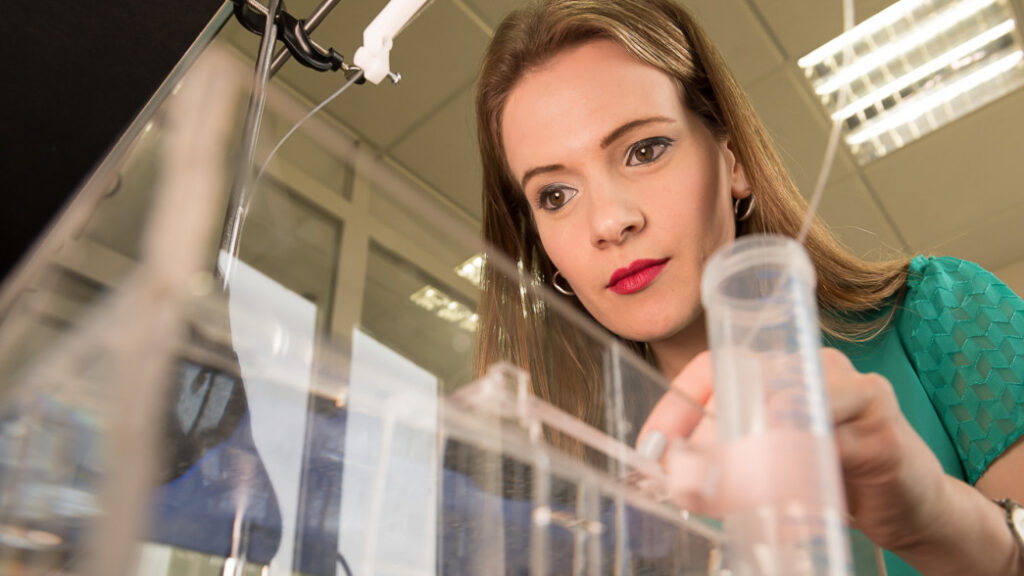
After a single injection into the tumor bed in animal models with melanoma, 44-60% of the cancer cells disappeared completely and permanently.
By Joel Leyden
Israel News Agency
Tel Aviv / Jerusalem — July 2, 2023 … Researchers at Tel Aviv University encoded a toxin produced by bacteria into mRNA (messenger RNA) molecules and delivered these particles directly to cancer cells, causing the cells to produce the toxin – which eventually killed them with a success rate of up to 60 percent.
The groundbreaking study was led by PhD student Yasmin Granot-Matok and Prof. Dan Peer, a pioneer in the development of RNA therapeutics and Head of the Nanomedicine Laboratory at the Shmunis School of Biomedicine and Cancer Research, also serving as TAU’s VP R&D. The study’s results from Israel were published in Theranostics.
Prof. Peer explains: “Many bacteria secrete toxins. The most famous of these is probably the
botulinum toxin injected in Botox treatments. Another classic treatment technique is chemotherapy, involving the delivery of small molecules through the bloodstream to effectively kill cancer cells. However, chemotherapy has a major downside: it is not selective, and also kills healthy cells. Our idea was to deliver safe mRNA molecules encoded for a bacterial toxin directly to the cancer cells – inducing these cells to actually produce the toxic protein that would later kill them. It’s like placing a Trojan horse inside the cancer cell.”
The particles were injected into the tumors of animal models with melanoma skin cancer. After a single injection, 44-60% of the cancer cells vanished.
Other contributors to the study included: Dr. Assaf Ezra, Dr. Srinivas Ramishetti, Dr. Preeti
Sharma Dr. Gonna Somu Naidu and Prof. Itai Benhar, Head of the Antibody Engineering Lab at
the Shmunis School of Biomedicine and Cancer Research at TAU. The study was funded by the
Shmunis Family Foundation for Biomedicine and Cancer Research.
Another experimental cancer treatment developed at Israel’s Hadassah-University Medical Center in Jerusalem has a 90% success rate at bringing patients with multiple myeloma into remission.
The Israeli innovative treatment against cancer, which has long been considered incurable, was developed after a series of experiments carried out in the hospital’s bone-marrow transplant and immunotherapy department in recent years. The treatment is based on genetic engineering technology, which is an effective and groundbreaking solution for patients whose life expectancy was only two years until a few years ago. The Israelis have used a genetic engineering technology called CAR-T, or Chimeric Antigen Receptor T-Cell Therapy, which boosts the patient’s own immune system to destroy the cancer. More than 90% of the 74 patients treated at Hadassah went into complete remission, the oncologists said.
According to Prof. (emeritus) Yechezkel Barenholz, a world leader in oncology research and head of the membrane and liposome research lab at Hebrew University-Hadassah Medical School, the CAR-T technology is a major achievement that will make the diagnosis much easier and simpler and treatment possible.
The CAR-T cell treatment was developed and produced by Hadassah in collaboration with Prof. Cyrille Cohen, head of the immunology and immunotherapy laboratory at Bar-Ilan University in Ramat Gan, Israel.
